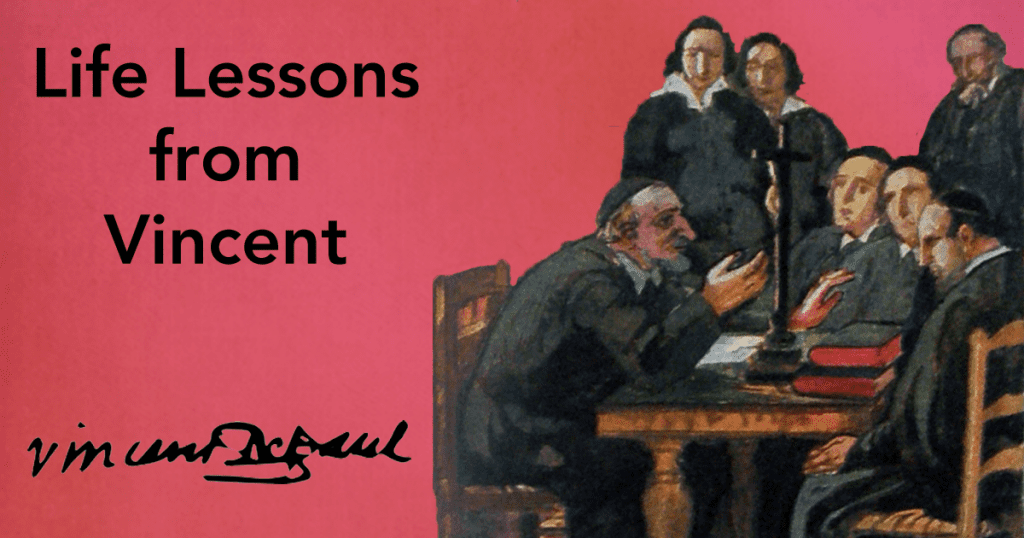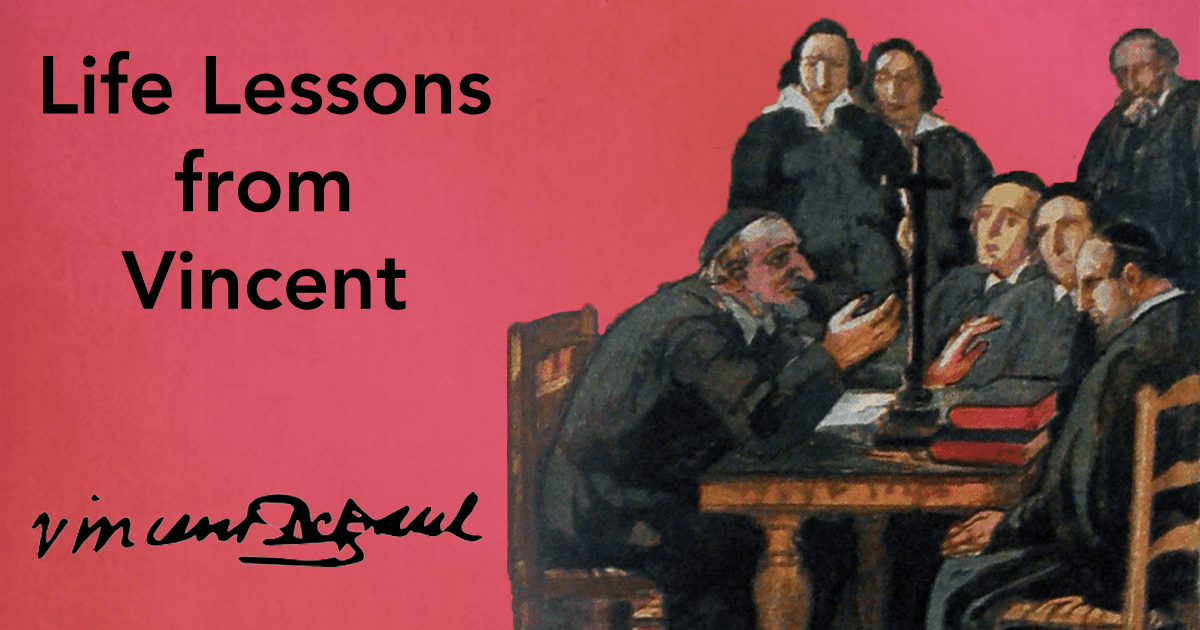What would Vincent do today? – Wrong question
 Before Henry Ford built his first car, he was quoted as saying: “If I had asked people what they wanted, they would’ve said faster horses.” The right answer, but the wrong question.
Before Henry Ford built his first car, he was quoted as saying: “If I had asked people what they wanted, they would’ve said faster horses.” The right answer, but the wrong question.
The astronomer Nicolaus Copernicus asked in 1543: “Could it be that Earth orbits the Sun?” At the time, this could be a dangerous idea to suggest to anyone — the people and institutions of the time were firm believers that Earth was the center of everything — but Copernicus’ scientific observations didn’t align with this notion. That allowed him to ask his question.
Fifty-five years ago a man asked…”my fellow Americans: ask not what your country can do for you — ask what you can do for your country. My fellow citizens of the world: ask not what America will do for you, but what together we can do for the freedom of man.”
“Today we can easily get lost asking ourselves “What would Vincent do?” or “What would Jesus do?” We will, however, always find our way if we ask the quintessential Vincentian question first offered by Madam De Gondi,”Something must be done; what must I do?” writes J. Patrick Murphy in “Mr. Vincent.”
Vincent asked the question to the people at Chatillon, and they fed the poor. He described the conditions of the galley slaves to the King of France, the King sent Vincent to make them better.
Knowing that something must be done and being brave enough to ask ourselves, “What must I do?” is to know “What would Vincent do?”
Speaking of reframing questions… it is interesting to note how Vincent reframed a question and succeeded where St. Francis de Sales failed. One might say that Francis asked how he could introduce devout laity to a form of religious life. Vincent asked more about what kind of spirituality and life style would support those who felt called to serve the poor and marginalized.
He thus “made it possible for many other forms of “non-religious” to flourish in the Church. Even though ecclesiastical law and legislation have frequently understood these forms of life as similar to that of religious, nevertheless the theology of mission has viewed this as a new starting point, multi-faceted in its creativity, especially with regard to that which today is known as Societies of Apostolic Life [Delgado]”







0 Comments